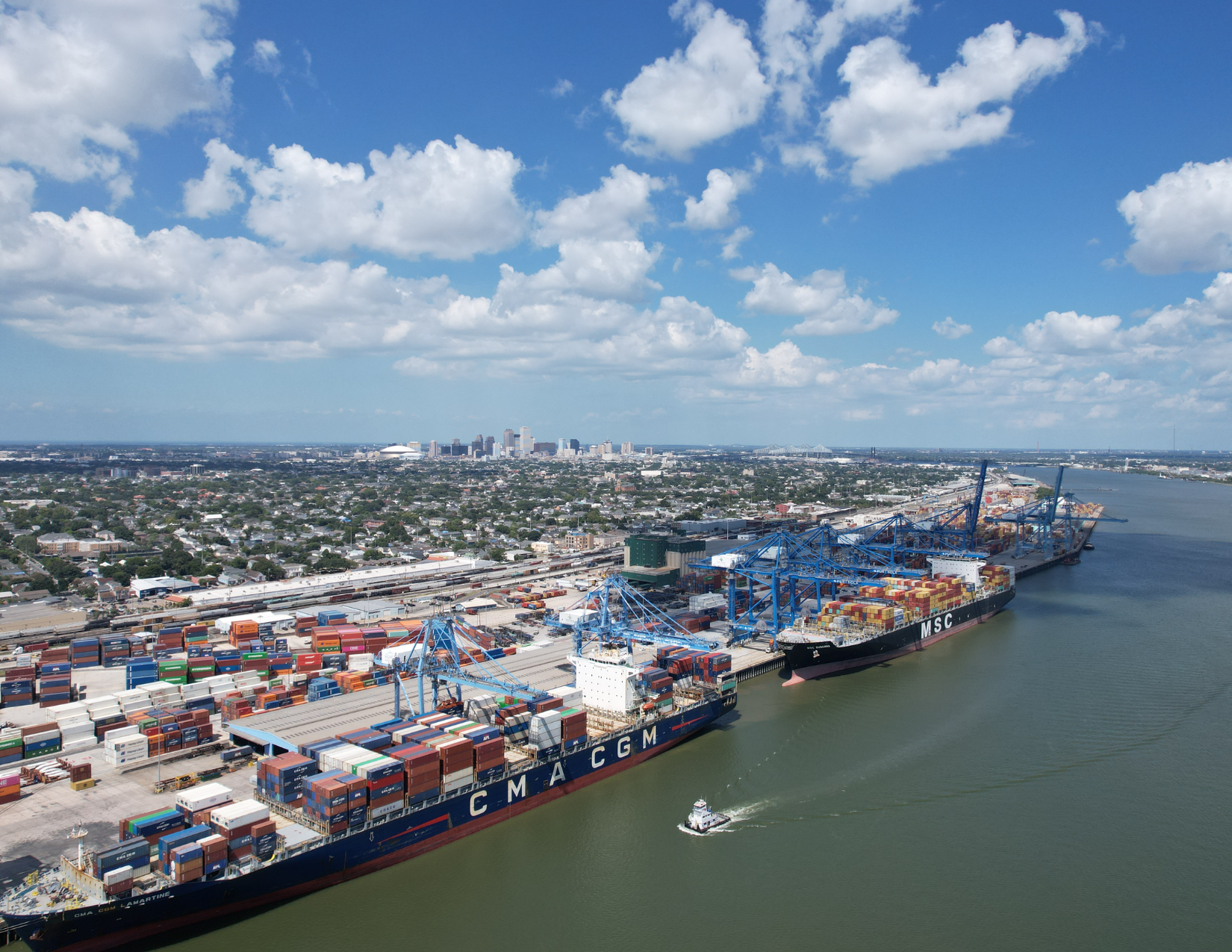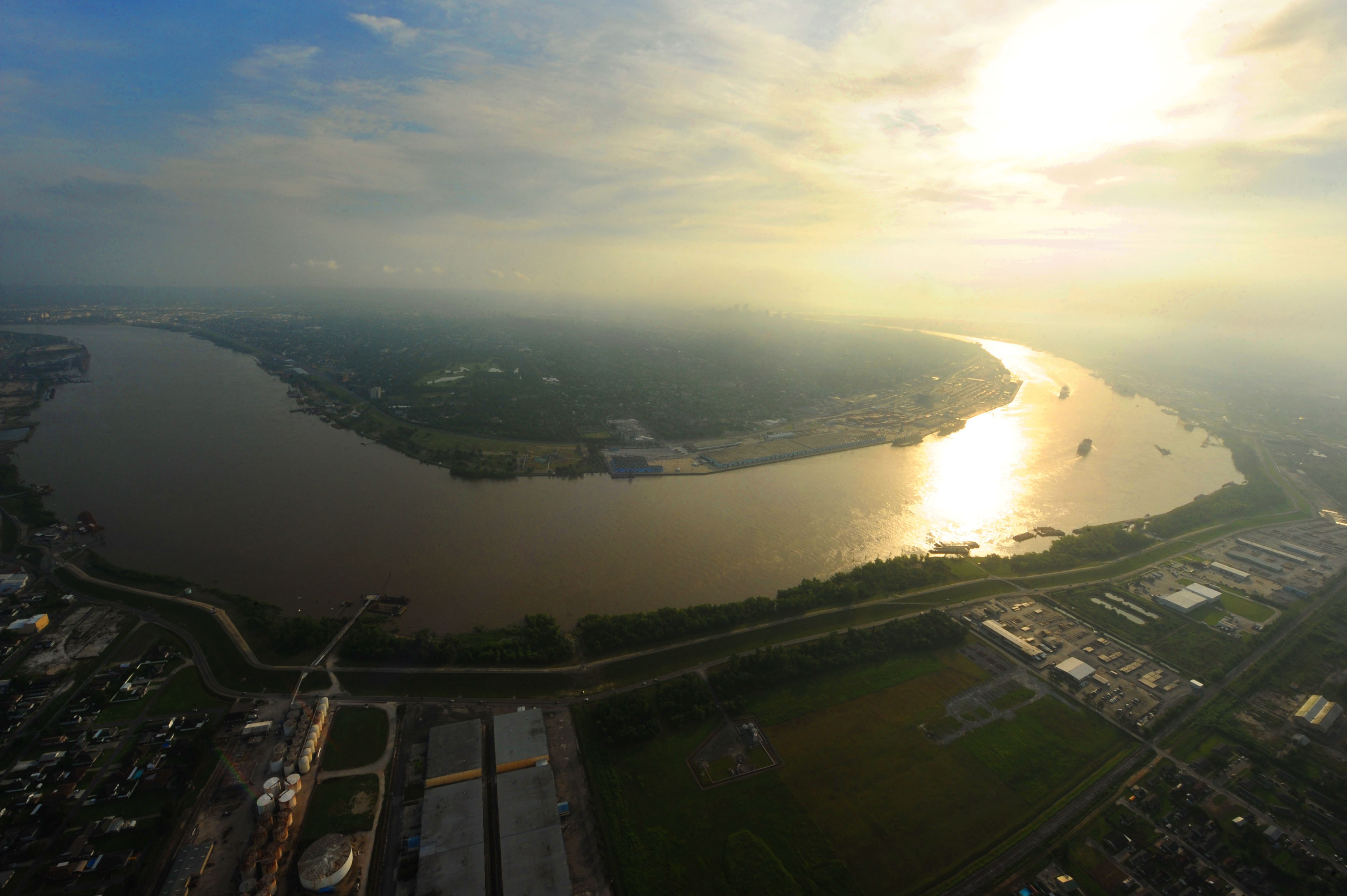
Federal Permitting Process
The Port of New Orleans is conducting a detailed impact analysis for the proposed terminal, which is required under the National Environmental Policy Act (NEPA). Port NOLA will share the results of the analyses with the Army Corps of Engineers for consideration in its permitting decision.
Environmental Review Process
What is Involved?
NEPA requires federal agencies like the Army Corps of Engineers to consider how a project could impact the natural and human environments before issuing permits for construction. The Army Corps of Engineers has asked Port NOLA to move forward with the environmental review process. Port NOLA hired an outside consultant to conduct a range of impact analyses that cover topics like traffic, quality of life near the terminal, natural habitat and wildlife, the economy, and more.
Port NOLA shared these studies with the U.S. Army Corps of Engineers (USACE) as part of the federal permitting process.
Key Milestones
Required Permits
The Louisiana International Terminal will need federal permits because its proposed footprint overlaps with the Mississippi River, Mississippi River levee, and wetlands.
Section 404 of the Clean Water Act
A Wetlands permit is required since the project will be built where there are currently wetlands.
Section 10 of the Rivers and Harbors Act
A Navigable Waterways permit is required since the project will be built along the Mississippi River.
Section 408 of the Rivers and Harbors Act
A Civil Works Projects permit is required since the project will overlap with the Mississippi River Levee.
Recent Updates
Port of New Orleans Cargo Volumes Continue to Climb in First Half of 2025, Driven by Latin American Trade Growth and Improved Reliability
The Port of New Orleans (Port NOLA) is proud to announce continued growth in cargo volumes and trade activity through the first half of 2025; thanks to rising container imports and improved schedule reliability that’s helping shippers gain confidence and plan more efficiently.
Port of New Orleans Board Approves Key Step Toward Unified Strategy for Lower Mississippi River Ports
At its regular board meeting on July 24, 2025, the Board of Commissioners of the Port of New Orleans (Port NOLA) approved a resolution authorizing a significant new step in regional collaboration among Louisiana’s ports.
Governor Jeff Landry Reaffirms Support for Louisiana International Terminal, A Game-Changing Infrastructure Investment for Jobs, Growth, and Trade at the Port of New Orleans
Governor Jeff Landry today reinforced his strong support for the Louisiana International Terminal (LIT), a transformative project led by the Port of New Orleans in partnership with Terminal Investment Limited (TiL) and Ports America—an alliance poised to create thousands of jobs, boost global trade, and secure Louisiana’s standing as a Gulf Coast economic engine.






